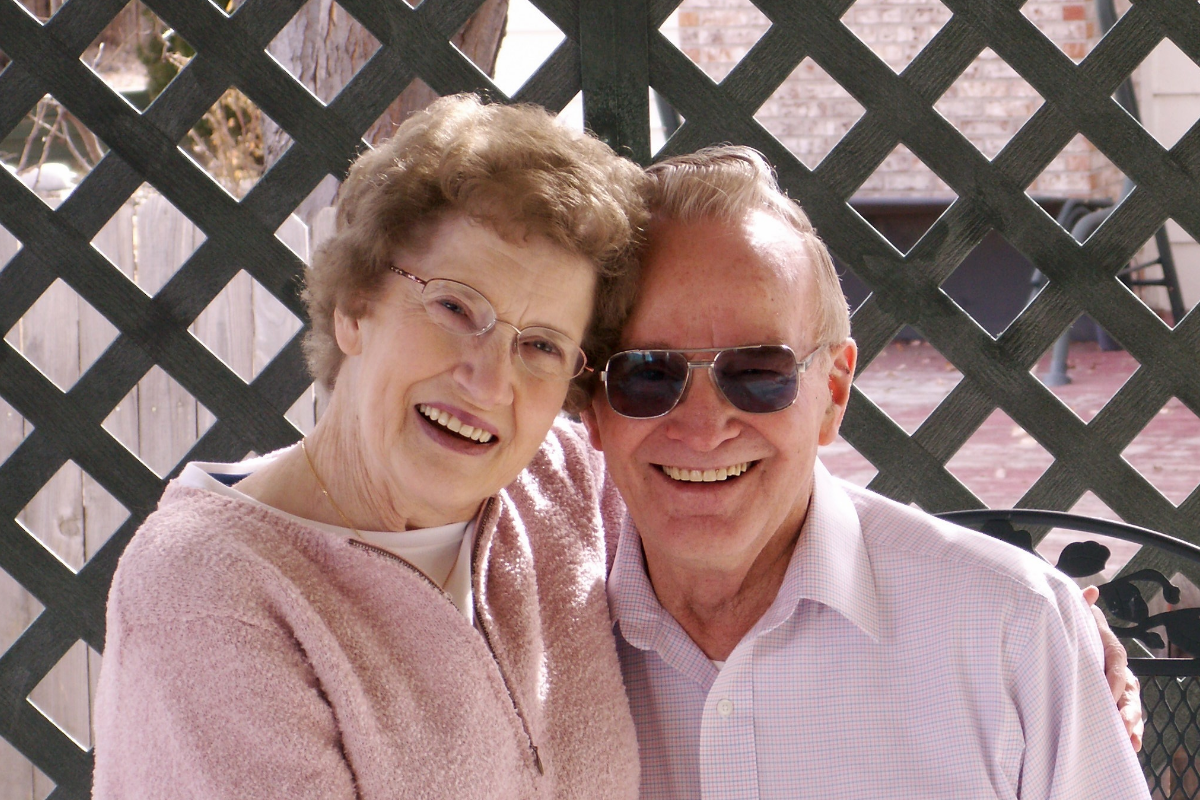Can You Die from a Broken Heart?

If you ask anyone who knew them, they’ll tell you that Bill and Sharon had a very special love that carried them through their 63 years together. When Bill was diagnosed with cancer, Sharon became his primary caregiver, driving him to appointments and holding his hand through treatment. As he declined, she stayed by his side until he passed away, surrounded by family.
Fourteen hours later, his active and healthy wife Sharon collapsed and was rushed to the hospital where she, too, passed away.
Although the double loss was hard for the family, they speak about it in bittersweet tones, “She couldn’t live without him. She died of a broken heart.”
Broken Heart Syndrome
It sounds like a myth or a fairytale, but broken heart syndrome is a real phenomenon.
Also called stress-induced cardiomyopathy or takotsubo cardiomyopathy, broken heart syndrome occurs when stress impacts the cardiovascular system. Unlike a heart attack which is caused by blocked arteries in the heart, broken heart syndrome is caused by an intense emotional shock like the loss of a loved one.
The extreme emotional stress triggers the brain to send a signal to the adrenal glands which release a surge of the catecholamine hormones epinephrine (adrenaline) and norepinephrine (noradrenaline). The catecholamine hormones rush to the heart, paralyzing the muscle and triggering changes in the heart muscle cells that cause the left ventricle to stop contracting effectively. This is often seen on an x-ray or echocardiogram as a ballooning of the lower part of the left ventricle. This bulging appearance is similar to takotsubo octopus pots used in Japan and is why some call the condition takotsubo cardiomyopathy.
Broken heart syndrome can hit a person in the first few hours after an emotional shock or it may build up over days and weeks.
What are the signs of broken heart syndrome?
The most common symptoms of broken heart syndrome including chest pain and shortness of breath may first appear to be a heart attack. But under closer observation, a physician will note:
- Excess catecholamine
- Electrocardiography (ECG) changes
- Backup of fluid into the lungs
- No sign of heart damage in blood test
- Ballooning and unusual contractions in the left ventricle of the heart
The good news is that if treated quickly, patients can recover from broken heart syndrome and the recovery time is typically a few days to a few weeks as the heart cells are stunned by the emotional shock, but not permanently damaged.
What are the risk factors for broken heart syndrome?
Women are more likely to be stricken with broken heart syndrome than men, and most people affected are over age 50. This is because an older heart cannot recover from the shock of the emotional event as quickly as a younger heart.
Other factors include a history of a neurological condition or a previous or current psychiatric disorder.
Broken Heart Syndrome Triggers
While we most commonly talk about the loss of a loved one as the trigger for broken heart syndrome, the intense emotional shock can also be caused by:
- Receiving a negative medical diagnosis
- Domestic abuse
- Loss of a pet
- Retirement
- Strong Arguments
- Divorce
- Job Loss
- A Car Accident
Broken heart syndrome can also be caused by shocking happy events like winning the lottery or a surprise party.
How to Treat Broken Heart Syndrome
Bereavement support is key in helping someone with broken heart syndrome. Just because they seem to be doing okay in the immediate hours after the emotional shock, that doesn’t mean they won’t experience broken heart syndrome.
Individuals who have experienced a major emotional event should contact their doctor immediately if they are experiencing chest pain.
Initial treatment for broken heart syndrome is often similar to the care provided for a heart attack. However, bereavement specialists and support groups can also provide much-needed emotional and spiritual support to an individual who is experiencing a broken heart due to the loss of a loved one. This support helps to lower their stress levels, giving the heart time to recover and preventing additional damage.
[Download our free grief booklet]
Crossroads Hospice & Palliative Care offers complimentary Grief Recovery Groups in all the communities we serve. To join one in your area, please call us at 1-888-564-3405 to speak with a bereavement coordinator.
If you found this information helpful, please share it with your network and community.
Copyright © 2018 Crossroads Hospice & Palliative Care. All rights reserved.




